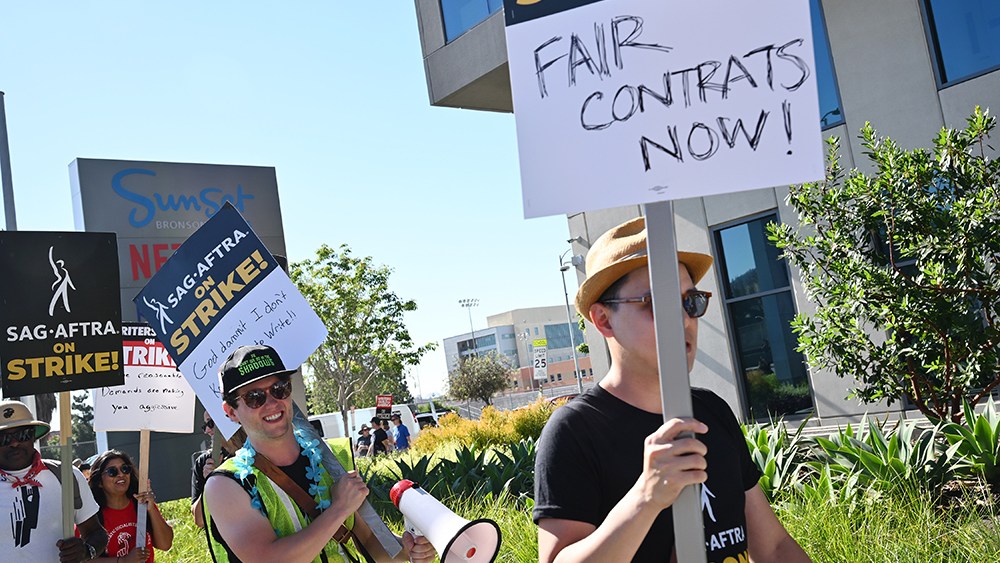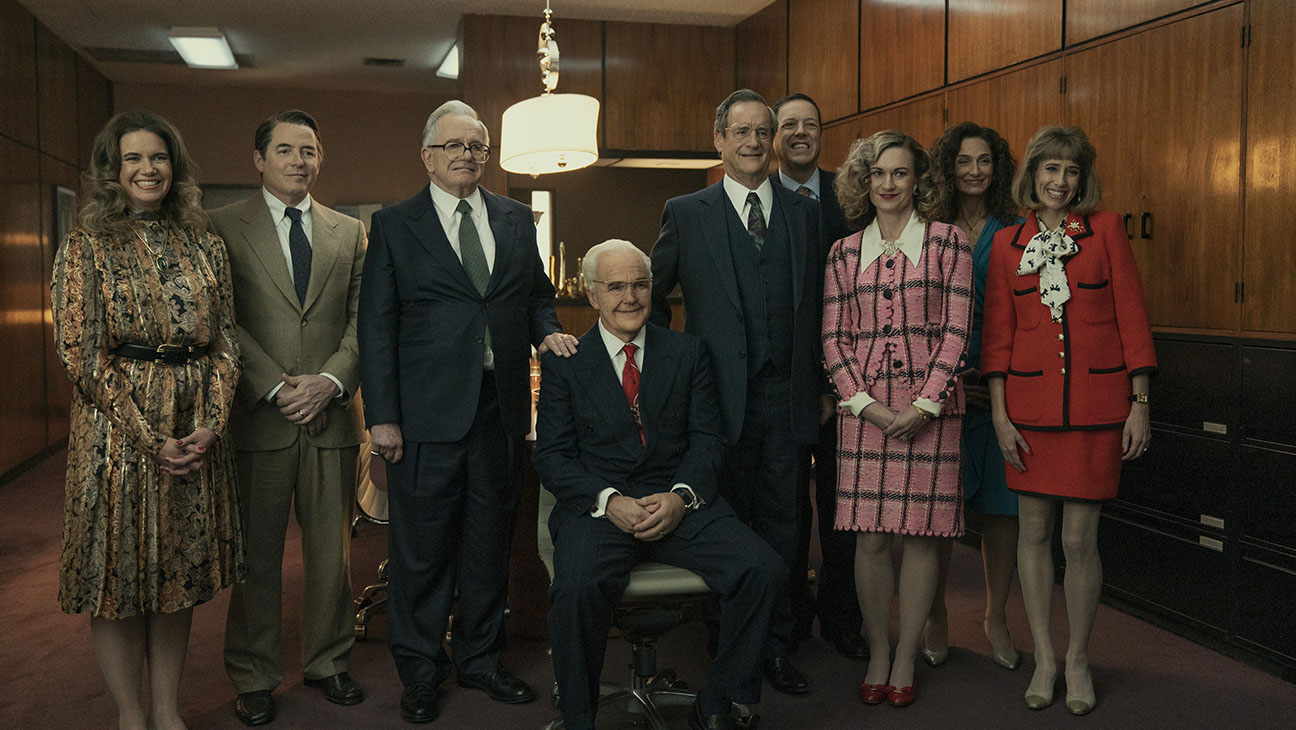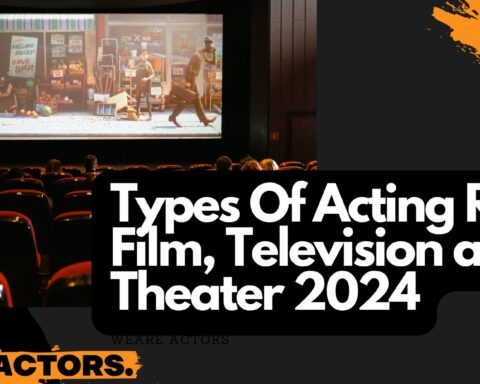
A large majority of Americans support the writers and actors strikes, and a plurality hold an unfavorable view of the Hollywood studios, according to a new poll by Data for Progress.
The poll found 67% support among likely voters for the strikes by the Writers Guild of America and SAG-AFTRA, while just 18% oppose them.
The poll also found that 48% have an unfavorable view of the major studios, and just 31% support the studios. The survey also found that 60% of respondents subscribe to Netflix, 41% subscribe to Hulu, and 35% subscribe to Disney+.
The firm also asked strike supporters if delays in their favorite movies and TV shows would cause them to change their minds. The survey found that 86% would continue to support the strikes, while 10% would oppose them.
Data for Progress is a progressive polling firm that conducts surveys on issues including climate, education, health care and workers rights. The firm surveyed 1,124 respondents online from Aug. 3-5.
The respondents gave mixed answers when asked the primary reason for the two strikes, with 33% citing fair compensation for streaming shows, another 33% citing pay and benefits, and 16% answering protections from artificial intelligence.
The survey found 85% support for SAG-AFTRA’s position that actors should be get consent and fair compensation for any use of their likeness by AI. The survey also found that 74% believe studios should be barred from replacing writers with AI.
In a statement, Liz Shuler, the president of the AFL-CIO, said that the results confirm broad national support for the striking unions and the importance of AI across industries.
“Voters understand that this isn’t just about one industry — this is about all of us — and unions need to have a seat at the table to take on the existential threat AI poses to our livelihoods and economy,” Shuler said.
The results are similar to those of another poll conducted recently for the Los Angeles Times. That survey found that 38% of respondents were more sympathetic with the actors and writers, while 7% sided with the studios. Another 29% were ambivalent while 25% said they did not have an opinion.
According to Gallup, support for unions climbed steadily in the U.S. from a low point of 48% in 2009 to 71% in 2022. The firm cited the low unemployment rate during the pandemic as having “altered the balance of power between employers and employees,” leading to unionization drives at Amazon and Starbucks.
A 2021 poll from Data for Progress also found broad support for unions, with 68% in favor and 24% opposed.
Duncan Crabtree-Ireland, the executive director of SAG-AFTRA, said in a statement that the poll shows Americans understand the reasons for the strike.
“I suspect many are seeing the same dynamic playing out in their own lives, with employers undervaluing their contributions,” he said. “That’s why this fight is so important. Our demands aren’t unreasonable, and it’s a fundamental principle of fairness that workers should be fairly compensated for the value they bring their employer — in every industry.”
Lowell Peterson, the executive director of WGA East, concurred.
“Everyone who works for a living understands what it’s like to get squeezed economically, to face threats from disruptive technology like AI, to try to hold one’s own against huge corporations motivated by their own profit rather than their employees’ well-being,” Peterson said.
The WGA has been on strike since May 2, while the performers’ union began striking on July 14. Both unions are seeking increased residuals for streaming shows, regulations on AI, and increases in minimum compensation rates to keep pace with inflation.
The WGA also wants a minimum staff size and a guaranteed minimum number of weeks of work in television, and weekly pay for screenwriters.
Poll Shows 67% of Americans Surveyed Support the WGA and SAG-AFTRA Strikes







